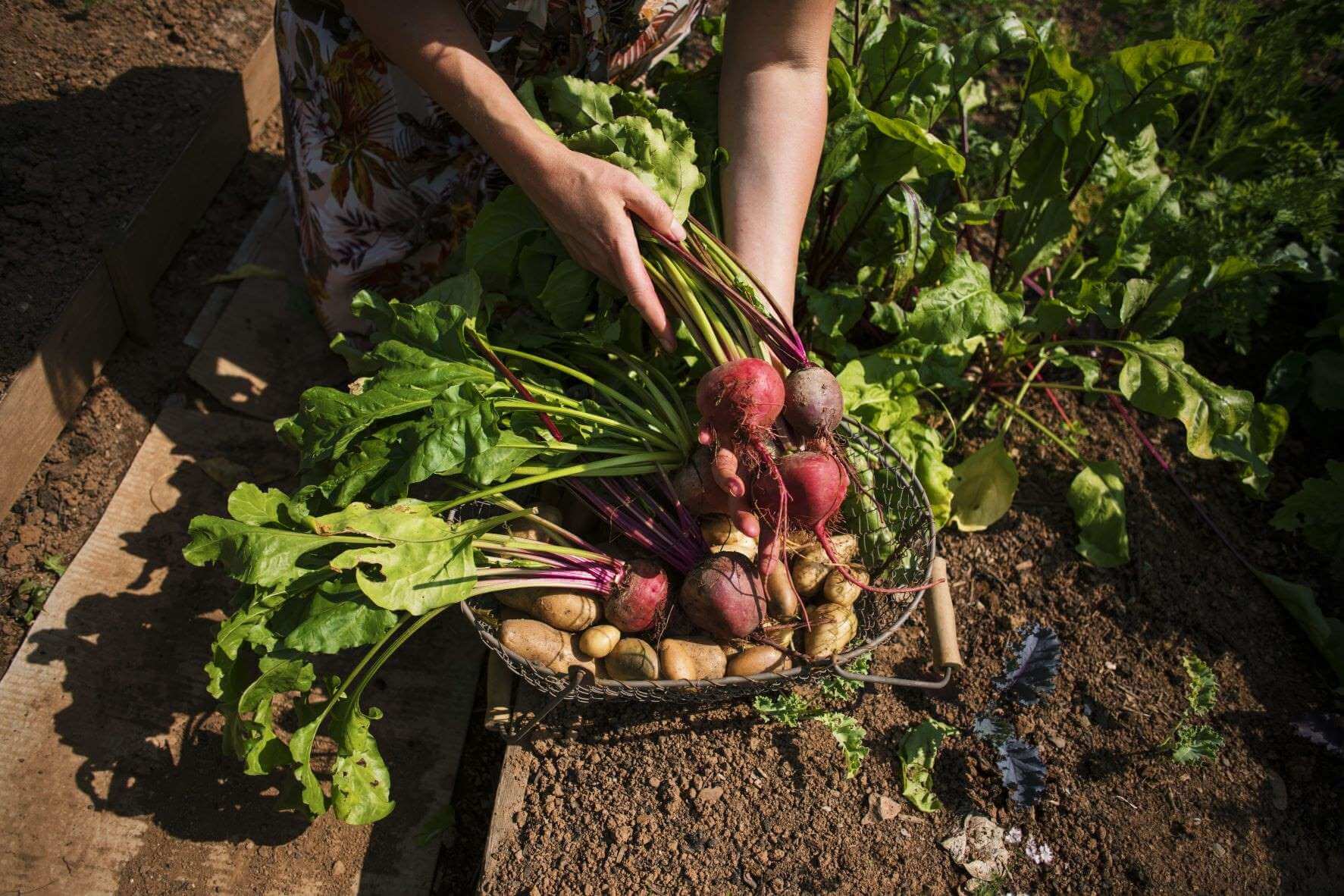
- Soil Association
- Who we are
- Our strategy
- Organic for all

Our vision to make organic affordable, available and accessible to all
Organic food isn't affordable, available and accessible to everyone in society. But it can be. Our vision below sets out how.
The organic sector offers a globally scalable approach to sustainable food and farming, backed with compelling scientific evidence of its benefits to people and the planet. It's safeguarded in most places by legislation that prevents greenwashing.
Examples from around the world provide evidence of what is possible when ambitious policies and incentives drive organic production and consumption. We can see how bolstering research helps organic develop, ensuring all citizens have access to organic food. The UK is an outlier.
We recognise that the challenges (as well as the solutions) for scaling organic exist at every level – how it's produced, consumed, sold and supported. The reasons for the current situation are complex, multifaceted and interlinked. So are the solutions.
We've mapped a pathway for achieving organic for all, which attempts to consider all this complexity. However, it will only be possible to achieve this with the collaboration and input of the whole organic sector. We've divided how to make organic affordable, available and accessible to everyone in society into three main focus areas.
1. Organic must be valued
- by policymakers who facilitate its availability
- by retailers
- by our economic system
- by the financial sector
- by the public
Making the value of organic clear for different audiences is an important starting point. Being valued starts with being understood. The contribution of organic to climate, nature and health must be well-evidenced and shared in a way that's fitting for the context and begins where people are.
For example, policymakers may value organic for the public goods it delivers, retailers for its role in achieving environmental, social and corporate governance (ESG) targets, and consumers for how it helps put tackling climate change into their own hands.
We must acknowledge that the current market economy has failed to value and reward food and farming systems that are good for climate, nature and health and that the polluter doesn't pay for damage caused to the natural world.
We need to rethink our economy to make it fit for the future. That's not easy, but it is fundamental in the long term because markets are not working for sustainable products. Many voices are now calling for a rethink of our economic model, and the organic sector can play a crucial role in shaping what it could and should look like.

2. Organic must be supported
- by policy
- by farmer training, support and knowledge sharing
- by innovation
- by effective standards and regulation
Organic must be financially and practically supported to grow. Favourable national policies, backed up by appropriate financial support and incentives, have been a cornerstone of organic sector development in other countries. They are the engine of organic market growth as they provide a business case for farmers to convert and stay organic, and support innovation in routes to market. Policies that incentivise and subsidise climate and biodiversity action, and discourage damaging practices, can help to level the market.
Organic agriculture is knowledge-intensive; farmers need access to information, training and support, whether new entrants or seasoned practitioners. We must amplify diverse and often marginalised voices.
The organic sector must also be supported by robust legislation and standards encouraging innovation and growth.
These aspects must be addressed by operationalised Organic Action Plans - such plans should be supported in the UK nations that have committed to developing them – namely Scotland, and they must be urgently developed in the nations where they're currently absent – such as England.

3. Organic must be available
- widely in retailers
- in public settings
- in local communities
- enabled by sufficient supply chain infrastructure
There must be easy access to organic food at home and in public settings such as schools and hospitals. To achieve this, we'll need to work closely with retailers so that they expand organic product assortments, position organic better in stores, ensure fair mark-ups and communicate the 'why' of organic much more clearly.
We must also support the development and growth of alternative routes to market that bring people closer to the source of their food - such as box schemes.
Community-led initiatives are vital for addressing unequal access to healthy organic food so only the wealthiest can eat organically.
We'll also need to address some of the key sticking points in supply chains where lack of investment in infrastructure threatens to undermine availability.
In sharing our vision for organic for all, we invite those invested in the organic movement to give feedback. Please get in touch at organicforall@soilassociation.org.

